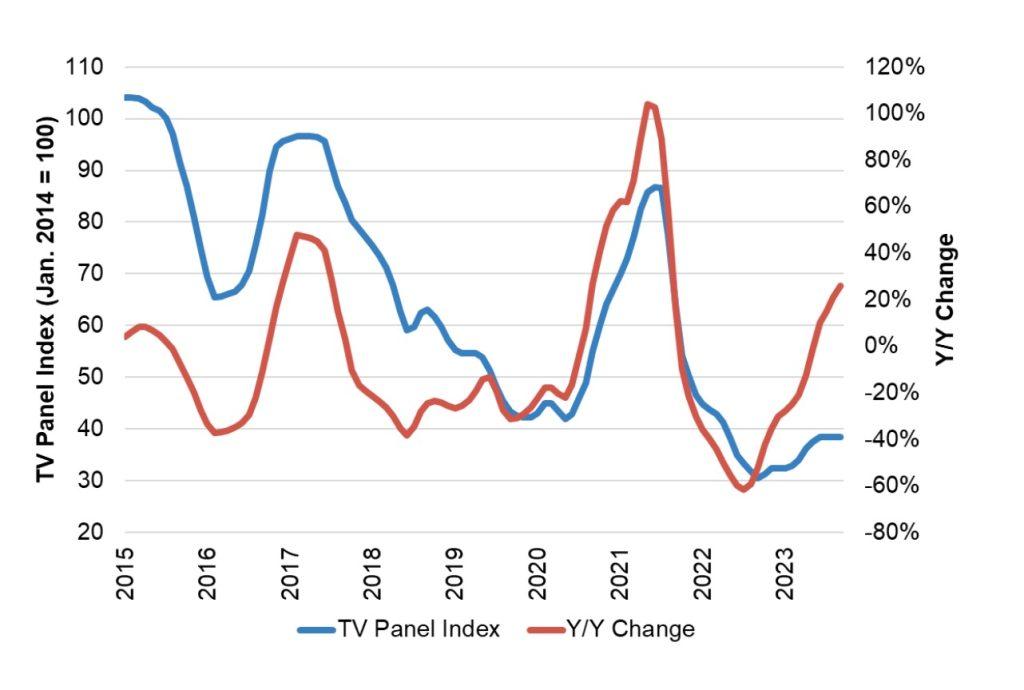To scale your e-commerce business effectively, understanding the critical role of e-commerce fulfillment is key. By optimizing your fulfillment processes, you pave the way for seamless growth and increased customer satisfaction. Imagine a scenario where your orders are processed accurately, shipments go out swiftly, and customers receive their purchases on time. This sets the stage for not just managing current demand but also preparing for future expansion. Stay tuned to uncover how mastering e-commerce fulfillment can be a game-changer for your scalability goals.
Streamlining Operations for Efficiency
Streamlining your e-commerce operations is key to maximizing efficiency and profitability. By optimizing processes, such as inventory management, order processing, and shipping, you can reduce costs and enhance customer satisfaction. Start by implementing an inventory tracking system to ensure accurate stock levels and prevent stockouts.
Streamlining order processing through automation can minimize errors and speed up fulfillment times. Additionally, consolidating your shipping process by partnering with reliable carriers can save time and money.
Integrating your e-commerce platform with your inventory management system can provide real-time updates and prevent overselling. Utilizing data analytics can help you identify trends, forecast demand, and make informed decisions to streamline operations further. Regularly reviewing and optimizing your processes based on feedback and performance metrics is crucial for continuous improvement.
Enhancing Customer Experience
To elevate your e-commerce business to new heights, focusing on enhancing the customer experience is paramount. Providing excellent customer service, personalized interactions, and seamless transactions can set your business apart from competitors.
Start by optimizing your website for easy navigation and ensuring a user-friendly interface. Implement features like live chat support to address customer queries promptly. Offer multiple payment options to cater to diverse preferences and streamline the checkout process.
Utilize customer data to personalize recommendations and marketing efforts, showing customers that you understand their needs and preferences. Efficient order fulfillment and quick shipping times are also crucial for a positive customer experience. Provide tracking information and updates to keep customers informed about their orders.
Additionally, prioritize customer feedback and reviews to continuously improve your services.
Optimizing Inventory Management
Efficient inventory management is the backbone of a successful e-commerce operation. To optimize inventory management, it’s crucial to implement real-time tracking systems. Utilize technology to keep track of stock levels, monitor sales trends, and forecast demand accurately. By doing so, you can prevent stockouts and overstock situations that can harm your business.
Additionally, categorize products based on their demand levels to prioritize reordering and storage space allocation efficiently. Regularly conduct audits to ensure accuracy and address any discrepancies promptly. Implementing automated inventory replenishment systems can help streamline the reordering process and minimize human error.
Furthermore, establish clear communication channels with suppliers to maintain consistent stock levels and prevent delays in fulfilling orders. By optimizing inventory management, you can enhance operational efficiency, reduce costs, and improve customer satisfaction. Stay proactive in monitoring and adjusting your inventory strategies to meet the dynamic demands of e-commerce.
Scaling Order Processing
Successfully managing inventory is just one part of the equation in running a smooth e-commerce operation. When it comes to scaling order processing, efficiency is key. As your business grows, the volume of orders will increase, making it crucial to streamline your order processing system to handle the higher demand effectively.
To scale your order processing, consider implementing automation tools. Utilizing order management software can help automate tasks such as order routing, inventory updates, and tracking shipments. This not only saves time but also reduces the risk of human error, ensuring orders are processed accurately and efficiently.
Another strategy for scaling order processing is to optimize your fulfillment process. By reevaluating your fulfillment strategy and possibly outsourcing fulfillment to a third-party logistics provider, you can improve order accuracy and speed up delivery times. This can be especially beneficial during peak seasons or when experiencing sudden spikes in demand.
Handling Returns Effectively
When processing e-commerce orders, handling returns effectively is a critical aspect of maintaining customer satisfaction and retention. To ensure your business thrives, follow these key steps:
- Streamline the Return Process: Simplify the steps customers need to take to return items. Offer a user-friendly online return portal to enhance convenience.
- Provide Clear Return Policies: Communicate return policies transparently on your website. Ensure they’re easy to find and understand, reducing customer confusion.
- Offer Flexible Return Options: Allow customers to choose between refunds, exchanges, or store credit. Providing multiple options can increase customer satisfaction.
- Analyze Return Data: Track and analyze return reasons to identify patterns. Use this data to improve product descriptions, quality control, and customer service, reducing future returns.
Frequently Asked Questions
How Can E-Commerce Fulfillment Impact Profit Margins?
E-commerce fulfillment greatly affects profit margins. Efficient processes lower costs and increase customer satisfaction. By streamlining operations, you can reduce shipping expenses and errors, leading to higher profits and repeat business. Optimize fulfillment for better results.
What Role Does Technology Play in E-Commerce Fulfillment?
Technology streamlines processes, automates inventory management, and enhances customer experience in e-commerce fulfillment. It enables real-time tracking, optimizes order processing, and boosts efficiency. Incorporating tech solutions like AI and warehouse management systems is pivotal for successful operations and scalability.
How Do You Handle Peak Season Demand Fluctuations?
During peak season demand fluctuations, you can optimize inventory management, collaborate closely with suppliers, utilize data analytics for forecasting, and scale up your workforce temporarily. By implementing these strategies, you ensure smooth operations and meet customer expectations.
What Are the Key Considerations When Choosing a Fulfillment Partner?
When choosing a fulfillment partner, prioritize reliability, scalability, and cost-effectiveness. Look for a company that aligns with your values and can adapt to your business needs. Clear communication and a solid track record are essential.
How Can Sustainability Practices Be Integrated Into E-Commerce Fulfillment?
You can integrate sustainability into e-commerce fulfillment by optimizing packaging for eco-friendly materials, reducing waste through efficient inventory management, and partnering with green logistics providers. These practices align with consumer demands for environmentally conscious shopping experiences.
Conclusion
In conclusion, e-commerce fulfillment plays a critical role in the scalability of your business. By streamlining operations, enhancing customer experience, optimizing inventory management, scaling order processing, and handling returns effectively, you can efficiently handle increasing order volumes and maintain a positive reputation in the competitive e-commerce landscape. Prioritizing a well-organized fulfillment strategy will allow your business to grow sustainably and meet customer expectations effectively.





